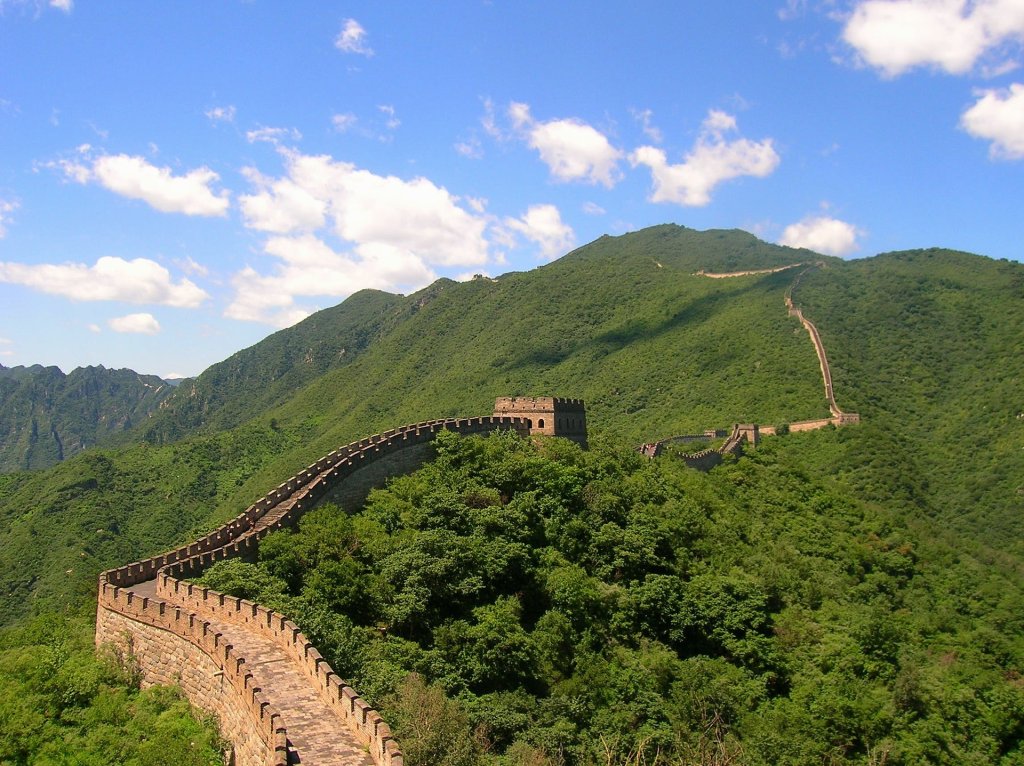
The state visit of China’s President Xi Jinping to Moscow last week was appropriately long on ceremony, but has also left the impression of being under-prepared and even rushed. For President Vladimir Putin, the timing was perfect as his dear Chinese guest arrived the next day after the ninth anniversary of the annexation of Crimea, which the Russian leader marked by paying there a surprise and unusually low-profile visit. China doesn’t recognize this annexation, and for Xi Jinping the main purpose of the visit was to give a boost to the “peace plan” presented by the Chinese Foreign Ministry in late February to a lukewarm response in Moscow, skeptical – in the EU, and firmly negative – in Washington D.C.
In order to change these attitudes, China needed to position itself as an impartial mediator, and Xi Jinping’s friendly acceptance of Putin’s hospitality cannot be balanced by a phone call to Ukraine’s President Volodymyr Zelensky (which is yet to happen at the moment of this writing). At the same time, the desire to preserve the pretense of “neutrality” precludes the crucial decision in Beijing on supplying Russia with lethal arms, about which the US intelligence started to warn already in mid-February. Expanding export of Chinese dual-use equipment and machinery is essential for keeping the Russian war machine going, but it is the artillery shells, high-precision missiles and strike drones that the army needs the most, and Xi Jinping indicated no intention to commit such blatant breach of the sanctions regime.
His prime worry is about the impact on trade with two economic giants, each hugely more important in commercial terms than Russia – the EU and the USA. The latter is gradually tightening restrictions on exports and investment, particularly in high-tech sectors, so some real signs of “decoupling” – the term that entered political discourse years ago – have indeed appeared. The former, however, remains reluctant to sacrifice hugely profitable ties, and Beijing is keen to cultivate this European mercantilism. The resolute reduction of energy supplies from Russia by the EU has made it easier for China not only to secure extra volumes of oil and LNG from Russia but also to press prices down. As a result, the petro-revenues in Russian federal budget in January-February 2023 were 46% less than in the first two months of 2022.
Xi Jinping is far more attentive to economic matters than Putin, who has essentially given up on Russia’s modernization, so the analysis in Beijing of the real scale of recession that its strategic partner is sinking into is probably much sharper than in Moscow. The Chinese leader wouldn’t want to see a collapse of Putin’s regime similar to the implosion of the USSR in 1991, but he is not ready to commit to bailing it out or to preventing its military defeat. Praising the ever-deepening partnership with Moscow, Beijing avoids any mentioning of military-technical cooperation, which Putin tried to bring to the agenda, focusing instead on the global significance of the perfect rapport between two permanent members of the UN Security Council.
Russian vision of the collapsing world order may be more radical than the Chinese perspective on its gradual transformation, but the two leaders are on the same page condemning the expansion of Western military alliances. In this regard, Xi’s visit to Moscow was entirely unsuccessful and can even be described as a failure. One major setback for the Russia-China policy of undermining Western unity was the finalization of the agreement on Finland’s accession to NATO reached through difficult but patient talks with Turkey. Another setback was the surprise visit to Kyiv paid by Japan’s Prime Minister Fumio Kishida, who confirmed unwavering solidarity with Ukraine in his role as the G7 chairman. The reinvigoration of Western unity is indeed not limited to Europe, which is most directly impacted by the Russo-Ukrainian war, but is also progressing in East Asia, in particular with the strengthening of political relations between Japan and South Korea.
In a typically Chinese response to a difficult problem, Xi Jinping seeks to buy time, but the procrastination game in the fast-moving war is quite unprofitable. Trying to have it both ways – upgrading partnership with Russia and posing as a neutral peacemaker – he fails to achieve progress on either track. He cannot provide a meaningful support to Putin’s regime and cannot add useful substance to his “peace plan”, so his credibility has become dented. In contrast to firm Western resolve to support Ukraine for as long as it takes, China looks ambivalent and even irrelevant – definitely not an impression Xi Jinping sought to make by taking a walk on the long red carpet in the Kremlin.

Pavel K. Baev, Dr., Peace Research Institute, Oslo (PRIO)
Dr. Pavel K. Baev is a Research Professor at the Peace Research Institute, Oslo (PRIO). He is also Senior Non-Resident Fellow at the Center for the U.S. and Europe at the Brookings Institution (Washington D.C.), Senior Associate Researcher at the Institut Français des Relations Internationales(IFRI, Paris), and Senior Associate Research Fellow at the Italian Institute for International Political Studies (ISPI, Milan). His research interests include the transformation of the Russian military, the energy and security dimensions of the Russian-European relations, Russia’s Arctic policy, Russia-China partnership, post-Soviet conflict management in the Caucasus and the Caspian Basin, and Russia’s Middle East policy, which is supported by the Norwegian Foreign Ministry. He writes a weekly column in Eurasia Daily Monitor.
To cite this work: Pavel K. Baev, “What has Xi Jinping achieved in Moscow?”, Panorama, Online, 30 March 2023, https://www.uikpanorama.com/blog/2023/03/30/pv-2/
Copyright@UIKPanorama. All on-line and print rights reserved. Opinions expressed in works published by the Panorama belongs to the authors alone unless otherwise stated, and do not imply endorsement by the IRCT, Global Academy, or the Editors/Editorial Board of Panorama.

